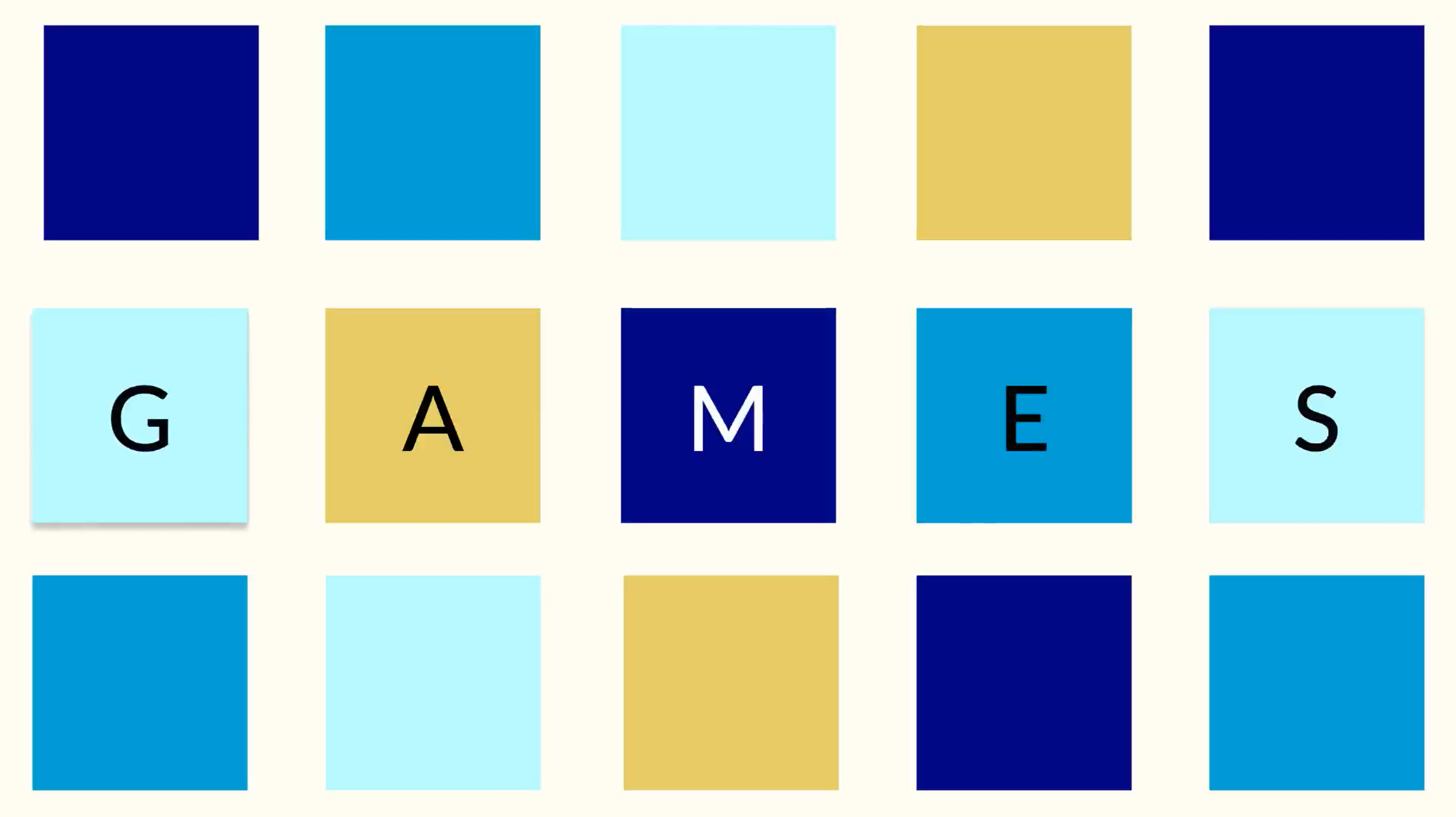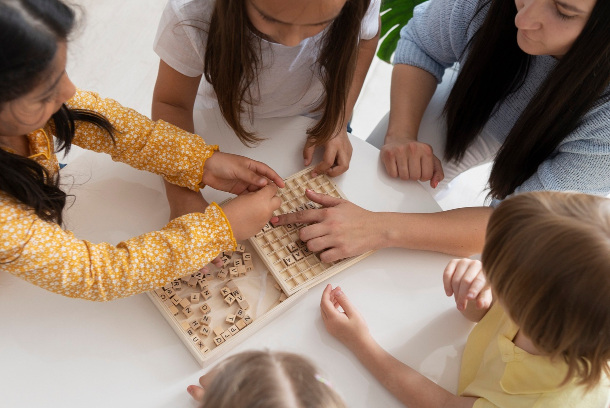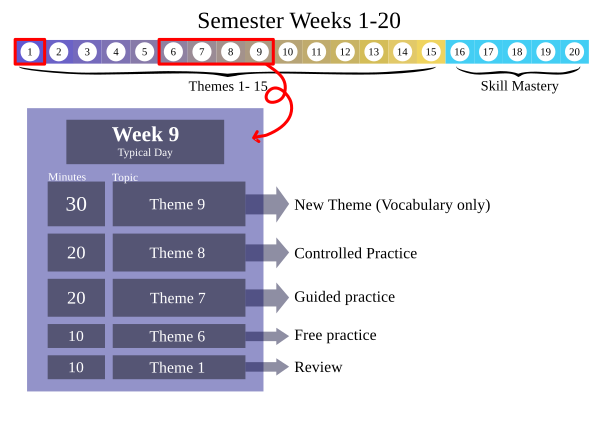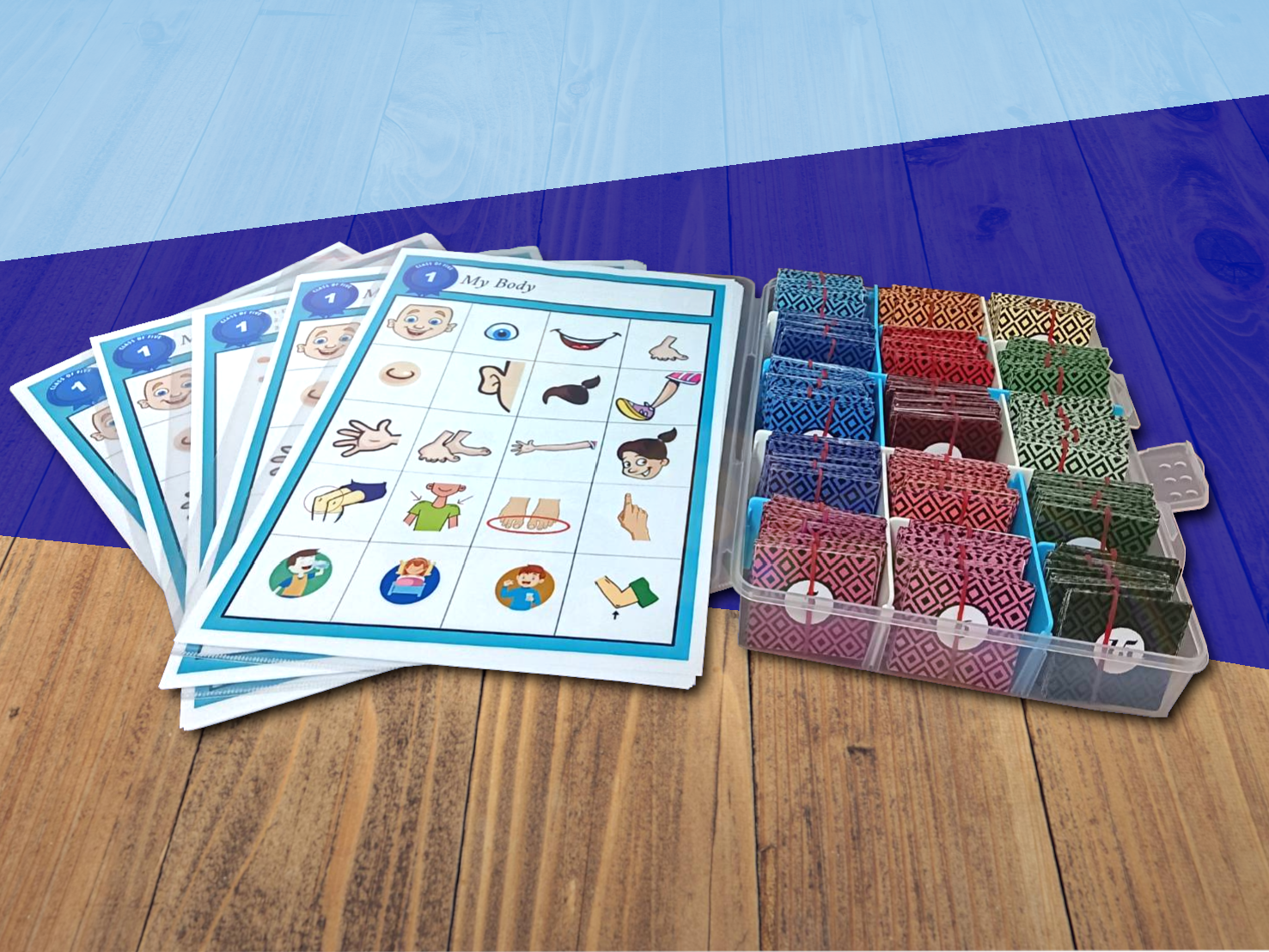

Every Taiwanese child speaks Chinese well, but proficiency in English varies widely. This is because with enough repetition, anyone can learn a language—some just need more repetition than others. We can't provide 24-hour English exposure, but we can maximize repetition during class. How do we do this? By making class fun! Children engage better with things they find interesting, and every child loves to play games.
Kids naturally resist sitting still and paying attention for long periods, but they thrive when learning involves movement and play. Our approach transforms this energy into a powerful educational tool, creating engaging classes that children love. By incorporating repetitive practice within this dynamic environment, we ensure that new words and sentences stick, turning learning into a memorable and enjoyable experience.
It's easy to feel lost when things move too fast. That's why Class of Five's Game-Spaced Learning Method ensures everyone gets the repetition they need. Many curriculums progress linearly, moving from one topic to the next with little review. Our curriculum, however, constantly reviews material, keeping it fresh and engaging with new and exciting games. At any moment, students are learning and reinforcing four topics at a time, giving them four weeks to master each topic.
Our curriculum doesn’t rely on traditional textbooks. Instead, we use flashcards for every vocabulary word. This approach is especially effective for young learners, as it allows them to physically interact with the cards—manipulating, playing with, and organizing them as the lesson sees fit. Unlike words in textbooks, flashcards bring vocabulary to life, making it more engaging and memorable by keeping the words tactile and visible.

